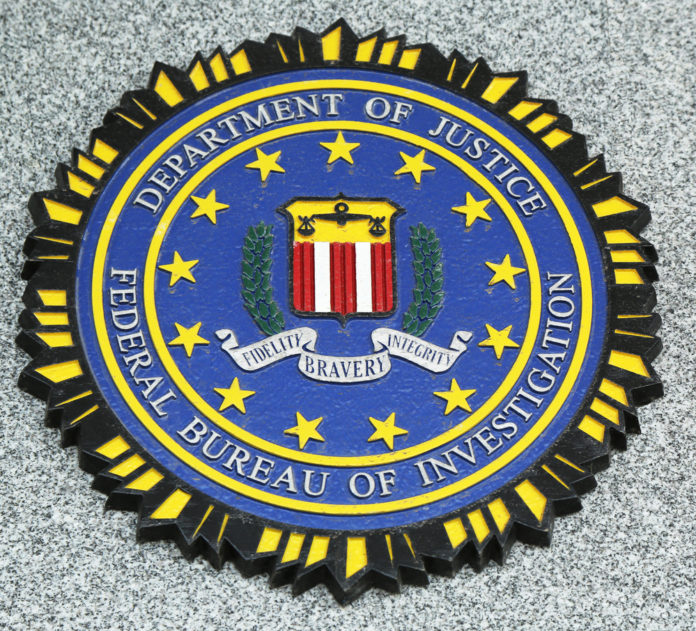On February 27 and 28, 2020, Joseph H. (Jody) Hunt, Assistant Attorney General for DOJ’s Civil Division, and Michael Granston, Deputy Assistant Attorney General, Commercial Litigation Branch, spoke about False Claims Act (“FCA”) enforcement at the Federal Bar Association’s annual Qui Tam Conference in Washington, D.C. They highlighted FCA enforcement priorities for 2020, and offered insights on the Department’s dismissal policy and cooperation policy – two topics that Deputy Associate Attorney General Stephen Cox also addressed in remarks earlier this year.
Enforcement Priorities
During his remarks, Assistant AG Hunt highlighted three priorities for FCA enforcement in 2020: (1) fraud involving Medicare Advantage plans, which serve approximately one third of all Medicare beneficiaries; (2) new opportunities for fraud that have arisen in the context of electronic health records; and (3) fraud that affects nursing homes or nursing home patients.
Deputy Assistant AG Granston also indicated that attendees should expect to see additional FCA enforcement actions directed at schemes involving telemedicine and genetic testing. Outside of health care, Deputy Assistant AG Granston noted that trade restrictions and duties are a current focus throughout the Department, and noncompliance may expose companies to reverse false claims liability.
Dismissal
Assistant AG Hunt and Deputy Assistant AG Granston discussed the Department’s policy regarding dismissal pursuant to 31 U.S.C. § 3730(c)(2)(A), first described in the so-called “Granston Memo,” and later incorporated into the Justice Manual. Consistent with Deputy Associate AG Cox’s comments earlier this year, they placed the post-Memo uptick in the number of (c)(2)(A) dismissals in context. Since January 1, 2018, the United States has moved to dismiss approximately 45 cases. By comparison, approximately 1,100 qui tam actions were filed during that period. The Department’s exercise of its authority has been, and will remain, judicious.
Assistant AG Hunt and Deputy Assistant AG Granston addressed several other issues related to the Department’s approach to dismissal:
- Burden: Consistent with prior statements by the Department, they reiterated that the burden on the government is a factor that the Department will consider with respect to dismissal, but it is not the only factor. The United States will not seek to dismiss an otherwise meritorious case solely because the case will require the government to expend resources. They also cautioned that the government has tools that it will use to respond to overly aggressive discovery, including seeking reimbursement and filing for protective orders.
- Merits and Government Interest: They stressed that the merits of the action and the potential impact on government interests are two important factors informing the government’s dismissal decision. Assistant AG Hunt noted that the Department’s dismissal analysis has similarities to the intervention analysis and may include considerations such as whether the case is based on a violation of a binding legal requirement (i.e. a statute, regulation, or contract). Deputy Associate AG Cox spoke more expansively on the role of sub-regulatory guidance in FCA enforcement during his remarks earlier this year.
- Timing Related To Dismissal: The Department’s dismissal decision is not static – it may be fluid and adjusted over the course of the matter. At the same time, defendants should think carefully about the timing of when they request meetings with supervisors and other senior lawyers to address these issues, as it is unlikely that they will have multiple opportunities for such a meeting.
- Partial Dismissal: It is the Department’s view that the government can seek dismissal of only part of the case; it is not an all-or-nothing proposition.
Cooperation
Pointing to the FCA cooperation policy announced last year, Assistant AG Hunt also reiterated the Department’s willingness to provide credit to corporate defendants for voluntarily disclosing misconduct, cooperating with law enforcement, and taking meaningful remedial measures. He identified a defendant’s assistance with assessing the scope of potential damages as an example of cooperation that can be especially meaningful, a notion that other government lawyers echoed throughout the conference.
The post Senior DOJ Attorneys Speak About FCA Enforcement Priorities, Dismissal, and Cooperation appeared first on Inside Government Contracts.




